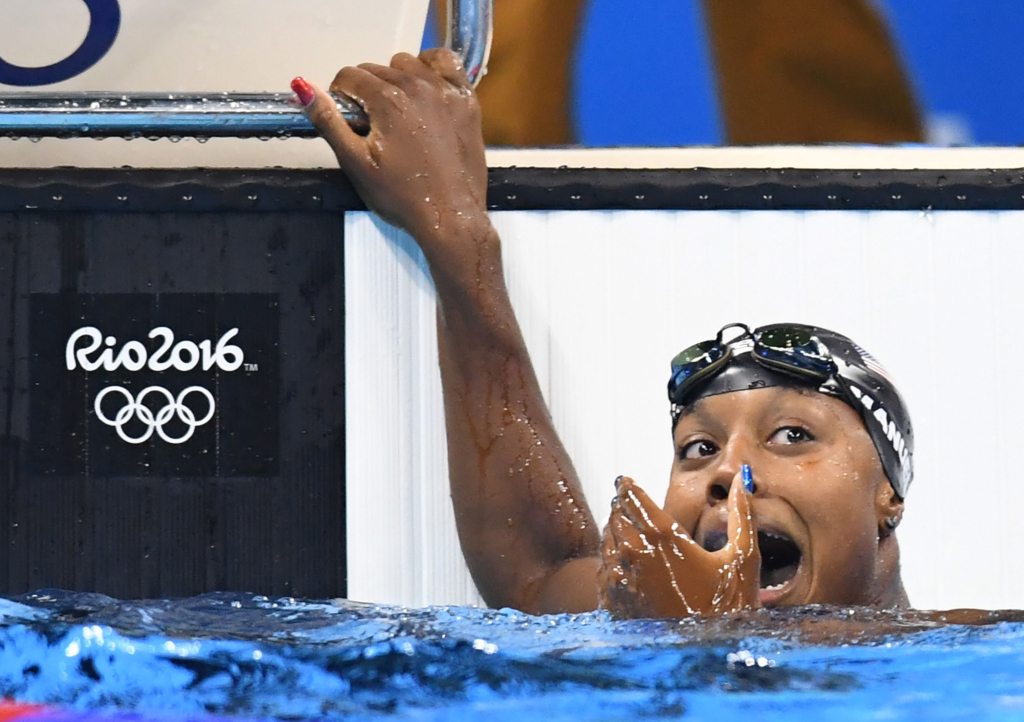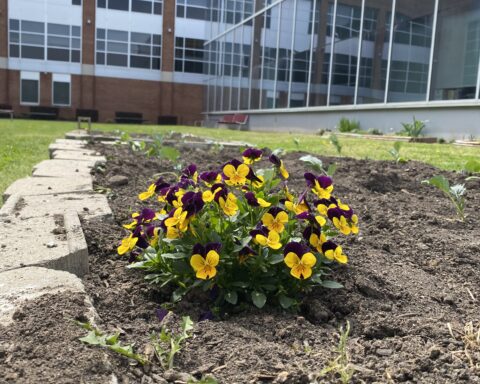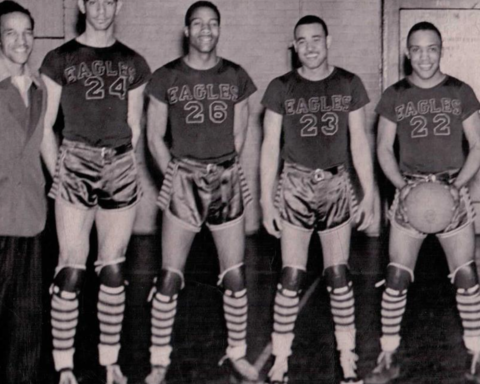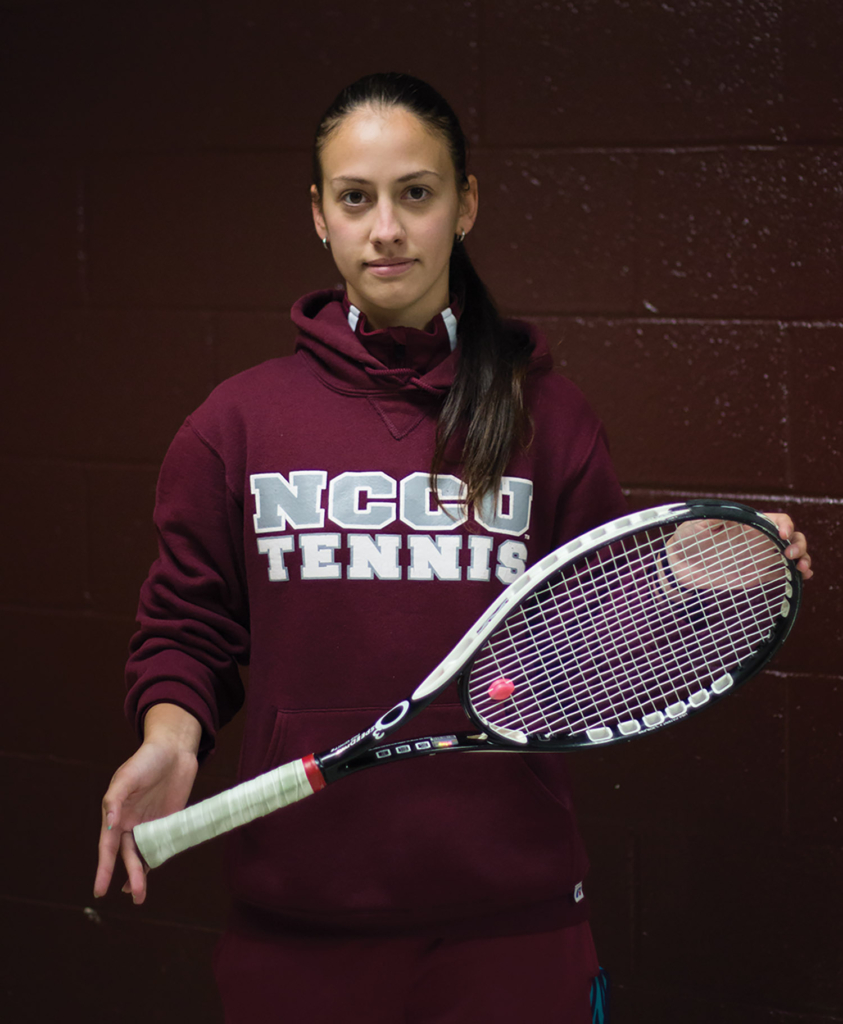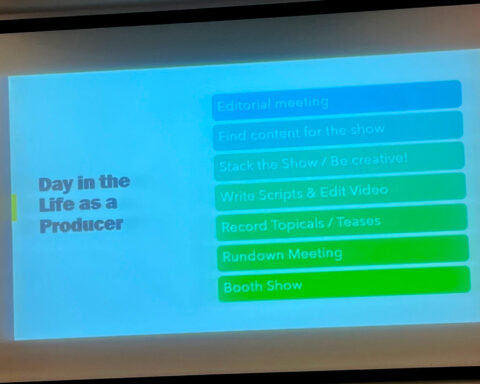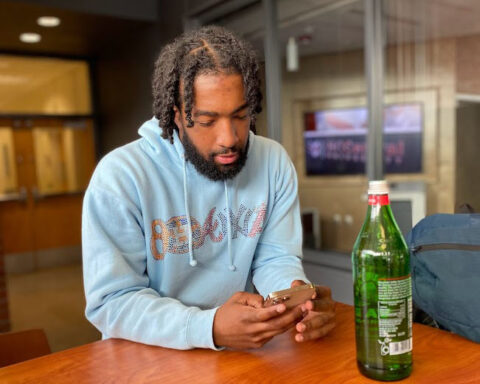For many African Americans, basketball and football are the sports of choice. Swimming doesn’t usually fall into that category.
But during the 2016 Rio Olympic Games, Simone Manuel of the United States was an exception to this rule. She was the first African American woman to win gold in individual swimming. She noticed the lack of black representation in swimming.
“I hope I’m an inspiration to others to get out there and try swimming,” Manuel said.
Here at N.C. Central University, in the Walker Complex sits a large, often-unused, 13-foot-deep swimming pool. Lifeguards look over the few occasional swimmers who come for recreation. There are diving boards, lane markers, and empty bleachers.
“They [students] don’t want to know where it is,” Thornton Draper, NCCU associate professor of physical education and recreation laments. “They know where to find the weight room and the basketball court.”
Beyond just NCCU, the history of African Americans and swimming is a grim one.
“It goes back to slavery time. They didn’t want to teach us how to read and write,” NCCU Associate Professor of Mass Communication Charmaine McKissick-Melton says.
“They didn’t want us to know how to swim so we’d be unable to escape. When we get to the desegregation era after slavery, most of our facilities – when we did have recreation places – didn’t have swimming pools. Even when we integrated, that was one of the last places to integrate. The park might be integrated so people could play on the swing. But swimming pools weren’t 90 percent of the time in Durham.”
Before integration, blacks who attempted to enter whites-only pools were assaulted and beaten. And even after integration, swimming pools were often a hostile environment for black children.
As a consequence, generations of African Americans have never learned to swim.
Today, the CDC reports that young African Americans are three times more likely to drown than white children. And seventy percent of African Americans say they can’t swim at all.
A 2010 report estimated that if a minority parent can’t swim, the chances of their children being able are less than one in five. And in a study where 2,000 parents and children were interviewed, African Americans reported to be especially suspicious and fearful of swimming activities.
Water not only takes the lives of young children but also of powerful athletes. In 1983 Joe Delaney was a star running back for the Kansas City Chiefs. The 24-year-old didn’t know how to swim, yet he jumped in to rescue three young boys in the water, one of them survived.
McKissick-Melton, herself a swimmer, made it a priority to get her children swimming at an early age. She feels swimming ability should be part of the fitness curriculum. It wasn’t long ago that the University of North Carolina at Chapel Hill required its students to demonstrate their swimming ability to graduate.
Chemistry junior Kinaya Brown-Bass has several family members who swam competitively for years. She has taken several lessons, but in a family of competitive swimmers, she has not learned how to swim.
“I personally feel I have a fear of water,” Kinaya says. “Whenever I try to float, I think I’m going to drown.”
Draper recommends that those who have a fear of water should think about taking classes at the YMCA, rather than taking classes on campus.
NCCU student Kimberly Thompson, the youngest of five siblings, said she is determined to swim. When she was little, her mother kept her from going in past her waist. After graduation, she wishes to join the military along with her fiancé who is also a swimmer.
“I have to learn how to swim. My fiancé wants to move to South Carolina and live near the beach.”
Thompson urged others to learn, too.
“It’s a necessity. It’s a life lesson, everyone should have,” she said. “You never know when your life would count on it.”

